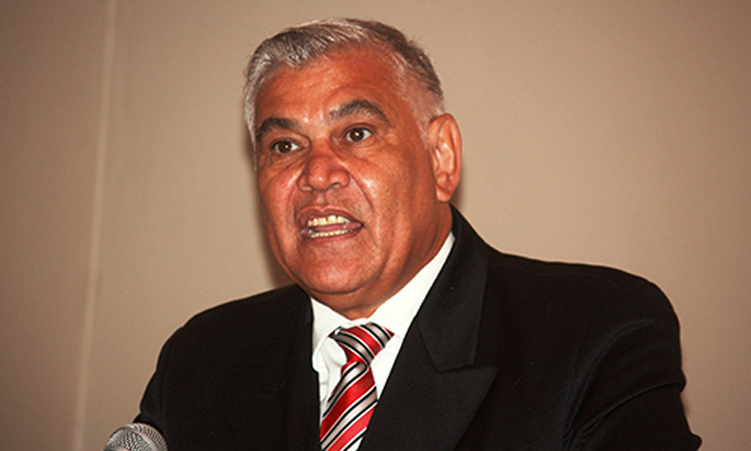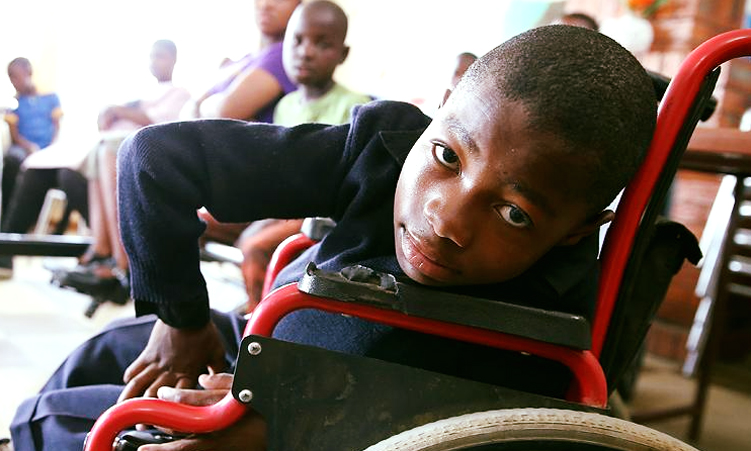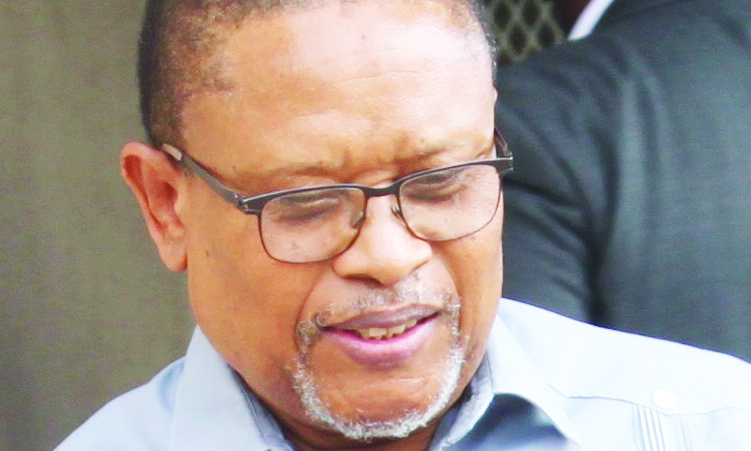Former ombudsman John Walters says there is a need for the judiciary to protect the poor from being bullied by the rich through lawsuits that may stifle freedom of speech.
“Our judiciary is beyond reproach. I strongly believe in our judiciary because [it] is the pillar on which our democracy is built. If the judiciary fails, then our democracy fails,” he said yesterday.
“We have to listen to both sides and then make a decision.
If a person is not satisfied with the decision made by the presiding judge, he or she has the right to appeal, but that is another costly process,” Walters said.
His comments follow retired nurse, Mathilde Kathikwa (61), recently being ordered by the Windhoek High Court to pay N$130 000 in damages to pharmaceutical company owner Shapwa Kanyama and his wife, along with their legal costs, amounting to N$643 000.
This is after the circulation of an audio clip in 2022, reportedly recorded by Kadhikwa, which alleged that public funds were used to bankroll the couple’s wedding. The speaker further alleged that Shapwa was committing financial crimes and unlawfully pocketing government money, while public health facilities lack basic supplies.
The court ruling issued this week states that although Kadhikwa’s remarks touched on matters of public interest, she could not prove that her comments were true.
Globally, there has been a campaign to stop the rich from abusing the legal system. Earlier this year, the BBC reported that the United Kingdom government supported proposals to crack down on false legal claims used to silence journalists and other critics.
The new measures would allow judges to dismiss false claims before they go to trial and protect defendants from exorbitant legal costs.
Strategic Lawsuits Against Public Participation, (Slapps), are often used by rich individuals to stop the exposure of wrongdoing.
The strategic litigation against public participation bill, which applies to England and Wales, was put forward by Labour MP and former minister Wayne David.
“Bullying tactics can include huge, threatening litigation costs and damages and all the unbearable consequences, such as bankruptcy, loss of homes and livelihoods, as well as the emotional distress,” David said.
Walters advised against pursuing such cases in court, particularly when dealing with people who have limited finances, as the true beneficiaries in defamation cases are often the lawyers.
“In any defamation case, it’s only the lawyers who come out victorious because they received their money,” he said.
He believes going to court over defamation should be a last resort.
“Don’t go to court to sue somebody, especially a poor man.” Walters urged individuals to exercise caution on social media, to avoid making defamatory statements and to apologise quickly if they do.
“Try to keep your opinion to yourself if you do not have the truth of the matter,” Walters said.
While serving as ombudsman between 2004 and 2021, Walters said he drafted a bill titled the prohibition against discrimination, hate speech, harassment and related offences, which was submitted to the Ministry of Justice. However, there has been no progress made on the draft.
“I hope somebody will look again at it because there are too many cases of hate speech.”
Meanwhile, current ombudsman Basilius Dyakugha agrees that defamation suits are an expensive exercise.
Dyakugha says freedom of expression is ensured in the Namibian Constitution. However, he emphasises that every Namibian has a right to protect their dignity.
“The human rights aspect is very important.
The Constitution also limits freedom of expression, especially when it affects another individual,” Dyakugha said.
If someone wants to publicly express something against someone, they must have proof or else they will lose a defamation lawsuit. He further raised concern about the poor regulation of social media.
“In Namibia, social media is not really regulated. Everybody can say what they want to say … This can lead to someone filing a defamation lawsuit, either through civil law or criminal law,” Dyakugha added.
Stay informed with The Namibian – your source for credible journalism. Get in-depth reporting and opinions for
only N$85 a month. Invest in journalism, invest in democracy –
Subscribe Now!





